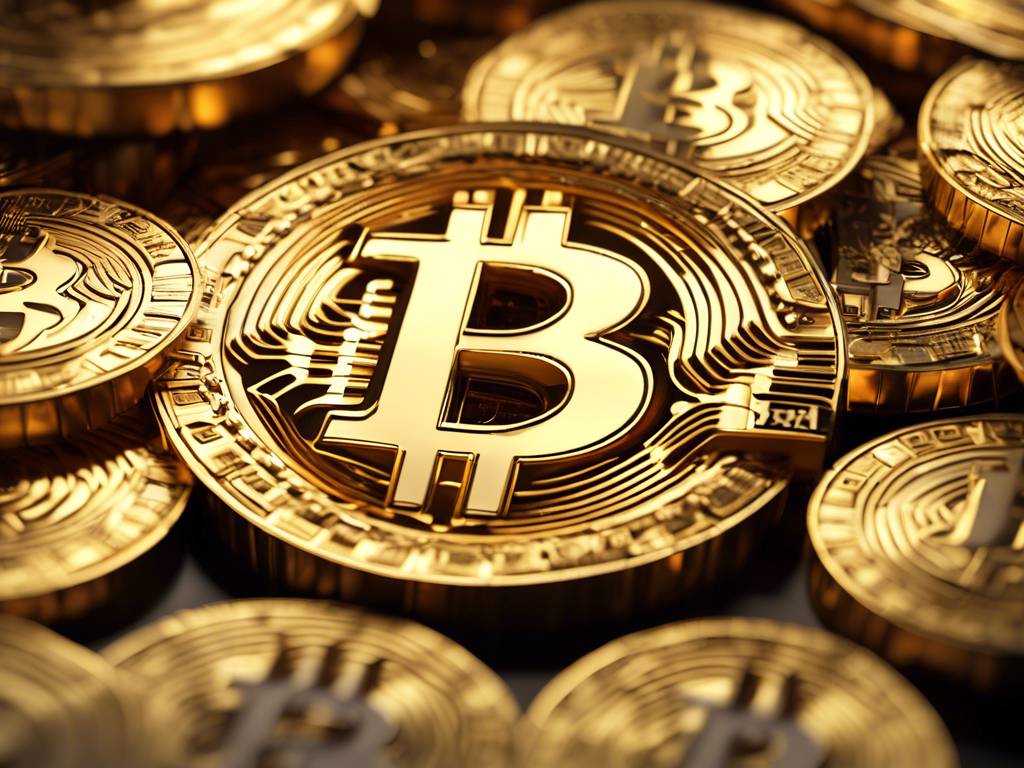Bitcoin Halving Results In Scarcest Asset In History
Following the latest Halving, Bitcoin’s inflation rate has officially become lower than Gold’s, making BTC the scarcest asset in history.
Impact Of Halving On Cryptocurrency
In its latest weekly report, the on-chain analytics firm Glassnode discussed the impact of the latest Halving on cryptocurrency. Halving is a periodic event on the Bitcoin blockchain in which its block rewards are permanently cut in half. These events occur roughly every four years, with the latest one occurring just a few days ago. This was the asset’s fourth Halving, bringing its block rewards down to 3.125 BTC from 6.25 BTC.
Block Rewards And Mining
The block rewards miners receive for solving blocks on the network are the only means of minting more cryptocurrency. A feature of the network is that no matter the mining-related conditions present at the time, these rewards are given out at a near-constant rate. This is possible because the concept of “Difficulty” is coded into the chain, through which the network adjusts how hard miners find it to mine on the blockchain. When the miners add more computing power, they become faster at what they do and produce blocks faster. As the network wants block rewards to be given out at a constant rate, it increases the Difficulty in the next scheduled adjustment, thus bringing the miners back down to the desired pace.
Bitcoin Issuance And Inflation Rate
A consequence of the Difficulty is that the Bitcoin supply grows almost constantly between Halving events. As the Issuance is more or less constant between Halvings, the asset’s inflation rate also remains constant inside these windows. Similarly, the inflation rate also halves alongside the Issuance during Halving events. Thanks to the latest Halving, Bitcoin has seen its inflation rate being shaved off once again. In the last epoch, BTC’s annualized inflation rate was around 1.7%; in this new epoch, it’s now down to 0.85%. Bitcoin has been able to achieve a new milestone in terms of its comparison with Gold, marking a historic handover in the title of the scarcest asset.
Comparing Bitcoin And Gold
For the first time in history, Bitcoin’s steady-state issuance rate has become lower than Gold, as BTC’s inflation rate stands at 0.83%, while Gold’s is approximately 2.3%. Below is a chart that shows how Bitcoin’s inflation rate has compared against that of the precious metal over the years.
Bitcoin Price Movement
Bitcoin had managed to recover over the last few days, but the asset has slipped off in the past day, with its price retracing back to $64,700.





 By
By
 By
By

 By
By
